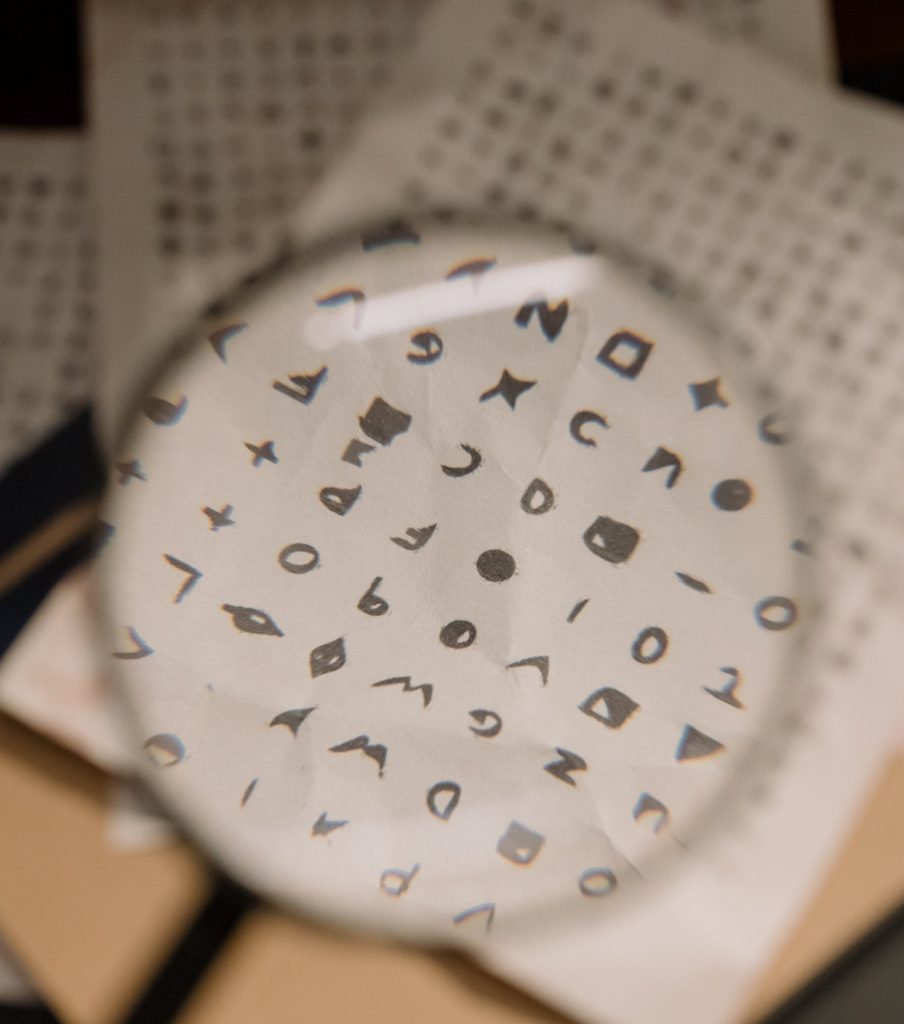Quantum computers exploit quantum mechanical phenomena to solve complex mathematical problems that are beyond the reach of conventional computers. The dynamic development and recent advances in quantum computing could jeopardise the security of traditional cryptographic methods and seriously compromise the confidentiality and integrity of digital communications. The goal of Post-Quantum Cryptography (PQC) is to develop cryptographic systems that would be secure against quantum and non-quantum computers and can interoperate with existing communications protocols and networks. The first instances of quantum computers already exist and it is expected that a quantum computer capable of running the Shor algorithm will be constructed in the near future. In that case, most current asymmetric algorithms for encryption and authentication would be completely insecure. For the long-term security of Digital Europe, progress must be made in developing quantum-safe technologies such as PQC that are secure, low-cost and interoperable with existing systems.


Strategic Priority
- Evaluate the current state and practical applicability of post-quantum technologies.
- Assess usability & market viability of information security products based on post-quantum algorithms,
Pilot Research
- Evaluation of classical asymmetric algorithms (signatures, Diffie-Helman Key exchange, etc.) replaced by post-quantum algorithms (such as CRYSTALS-Dilithium and Kyber).
- Update and test the IVXV system (an electronic voting solution) with PQ.
Publications (View all)
CHESS: Cyber-security Excellence Hub in Estonia and South Moravia
Bakhtina, M., Vémolová, Z., and Matyáš, V., (2024). Published in: RPE@CAiSE…
Lattice-Based Threshold Signature Implementation for Constrained Devices
Dobias, P., Ricci, S., Dzurenda, P., Malina, L., Snetkov, N. (2023). Publis…